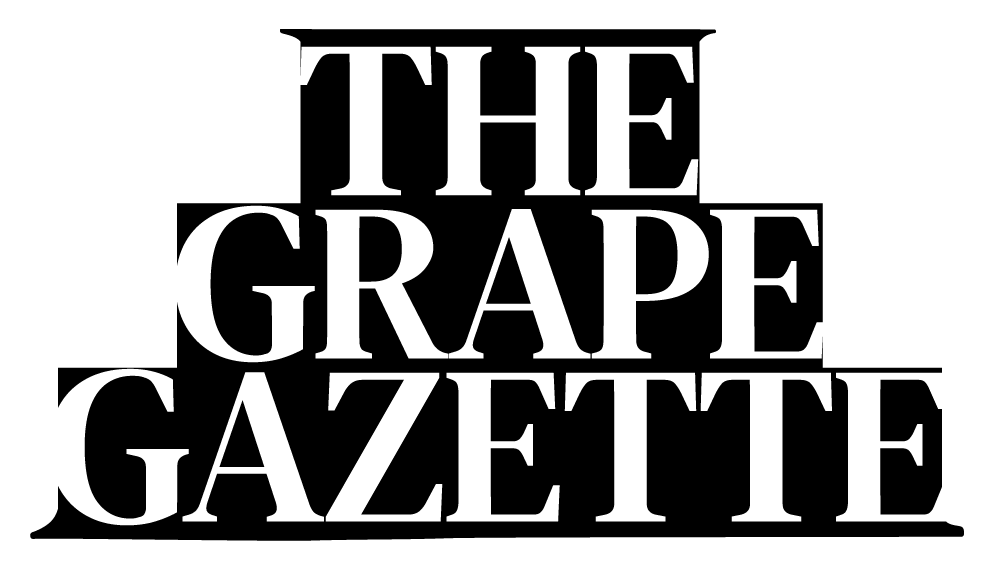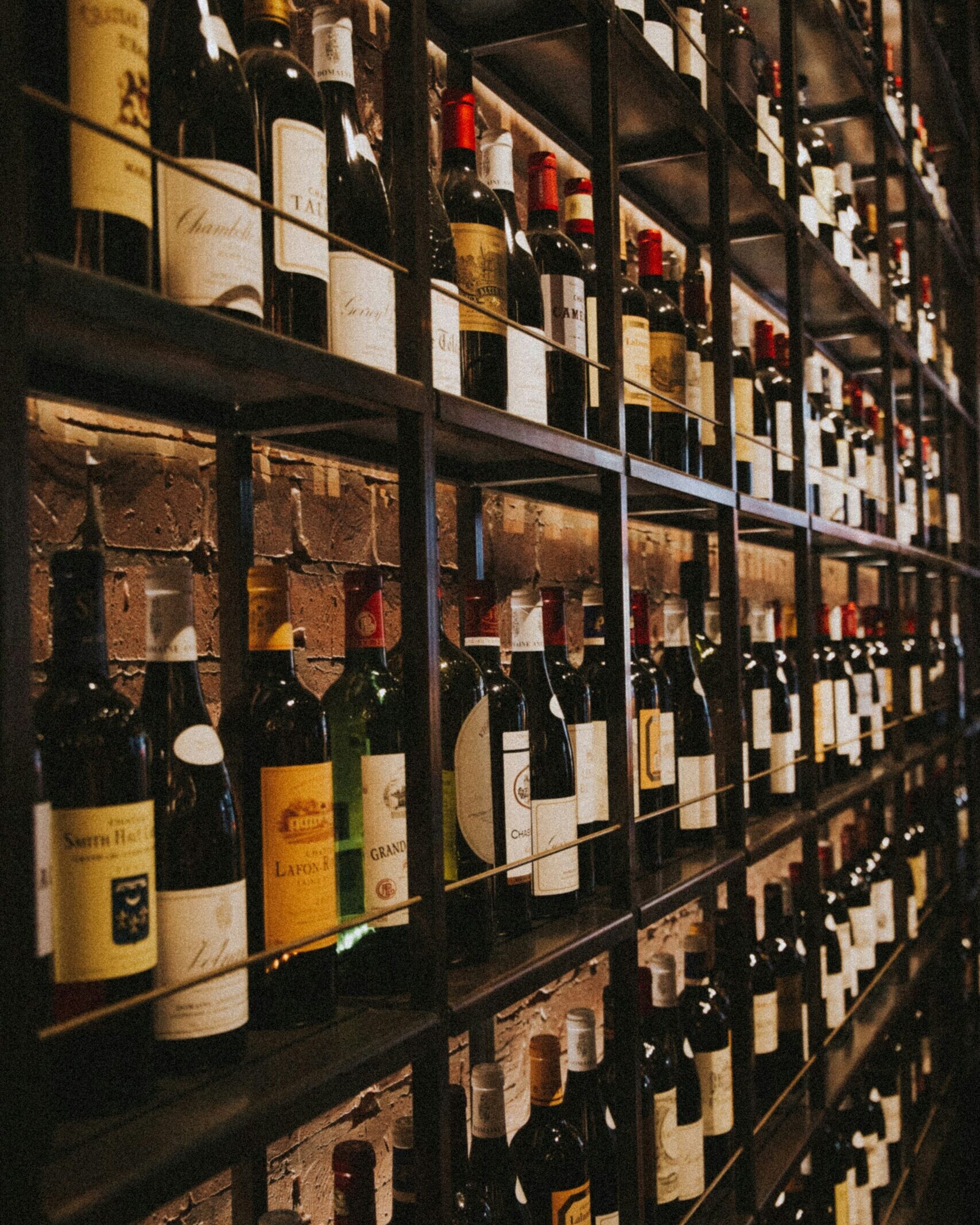English sparkling wine has rightly taken the headlines in recent years. Our climate, soil, and winemakers have created fizz that competes with Champagne, sometimes even beating it in blind tastings. But ask most people about English still wine and the reaction is usually a raised eyebrow. Can we really make anything world class that isn’t sparkling?
That’s where Bacchus comes in.
If you’ve not tried it, Bacchus is the grape that many believe could become England’s signature still wine. For me, Chapel Down’s Bacchus is the perfect example, crisp, aromatic, and bright, I often joke it’s England’s answer to Sauvignon Blanc. It has that same zippy freshness, those grassy, citrusy notes, but with a uniquely English twist. Every time I pour it for friends who expect “thin” or “flat” English wine, they’re floored.
What Exactly Is Bacchus?
Bacchus isn’t a new discovery. The grape itself was developed in Germany in the 1930s, a cross between Müller-Thurgau, Silvaner, and Riesling. While it had some success in its homeland, it’s in the cooler vineyards of England where Bacchus really shines. Our long, drawn-out ripening season helps the grape build aromatics without losing acidity, which gives Bacchus that vibrant, refreshing character.
In a way, it’s the perfect grape for English still wine. Where international varieties like Cabernet Sauvignon or Shiraz would struggle in our climate, Bacchus thrives. It doesn’t just survive, it expresses something distinctively local.
Why Bacchus Works in England
Three reasons stand out:
- Climate fit. England’s marginal growing conditions mean not every grape reaches its potential here. Bacchus loves cooler weather and doesn’t need endless sunshine to ripen.
- Aromatics. Bacchus naturally produces floral, elderflower, and hedgerow notes. Combine that with citrus and green apple, and you get something that feels familiar to Sauvignon Blanc lovers, but not a copycat.
- Identity. Sparkling wine has defined English wine so far, but a still varietal gives us a true “flagship” grape. Bacchus is increasingly filling that role — our own expression of terroir, rather than imitating Burgundy or Bordeaux.
How It Tastes
Here’s the fun bit. A good Bacchus has:
- Aromas: elderflower, gooseberry, hedgerow, sometimes nettle.
- Flavours: citrus zest, green apple, fresh herbs, occasionally tropical fruit in warmer years.
- Style: usually unoaked, light-bodied, crisp, with a tangy finish.
It’s the kind of wine that works just as well on its own as it does with food. Pair it with fresh goat’s cheese, asparagus, seafood, or anything light and green. But honestly? I love it most as a glass in the garden, sunny or not.
Who’s Making the Best Bacchus?
A few names worth shouting about:
- Chapel Down (Kent): still my personal benchmark. Bright, expressive, reliably excellent.
- Gusbourne (Kent): better known for fizz, but their single-vineyard Bacchus is elegant and layered.
- Camel Valley (Cornwall): vibrant and refreshing, with a coastal edge.
- Winbirri (Norfolk): their 2015 Bacchus won “Best White Wine in the World” at the Decanter Awards — a proper headline moment for English still wine.
The styles vary. Some producers make Bacchus lean and zesty, others push for rounder, more textured expressions. But across the board, it’s consistently the grape that surprises people.
Is Bacchus Really “England’s Sauvignon Blanc”?
It’s tempting to compare Bacchus to Sauvignon Blanc because of the aromatics. And I often do — Chapel Down’s Bacchus is exactly the wine I reach for when someone asks for a “Savvy B alternative.” But I think Bacchus deserves more than just being seen as a substitute.
Where Sauvignon shouts of Marlborough sunshine or the Loire Valley, Bacchus whispers English hedgerows. It’s got a character that feels rooted in our countryside — green, floral, a little wild. It’s Sauvignon’s cousin, maybe, but with its own unmistakable accent.
Why Bacchus Matters
For English wine to be taken seriously worldwide, we need a still grape that we can own. New Zealand did it with Sauvignon Blanc. Argentina did it with Malbec. Germany with Riesling. Bacchus could be that grape for us.
It’s not about making every vineyard plant Bacchus and nothing else — diversity is part of the fun. But having a recognised flagship grape helps cement an identity. And in a wine world that sometimes feels saturated with the same names, Bacchus offers something refreshing and new.
My Take
If you haven’t tried Bacchus yet, seek it out. Start with Chapel Down if you want a reliable introduction, but explore beyond — Winbirri, Camel Valley, Gusbourne, and plenty of smaller vineyards are making brilliant examples.
For me, Bacchus is more than just a tasty glass. It’s proof that English still wine has a future. It’s not about imitating other countries — it’s about leaning into what our own climate and terroir can deliver. And if Bacchus continues to gain ground, England’s wine story won’t just be about sparkling anymore. We’ll finally have a still grape to call our own.




